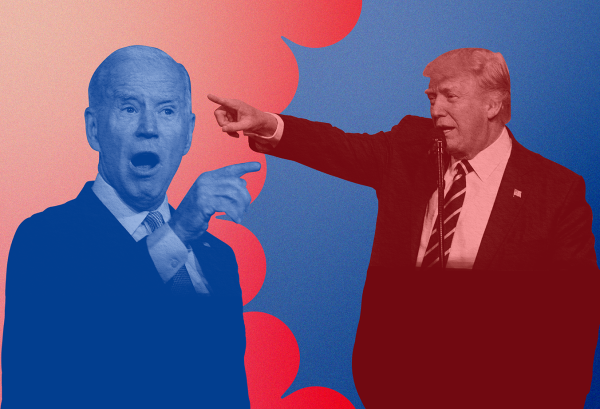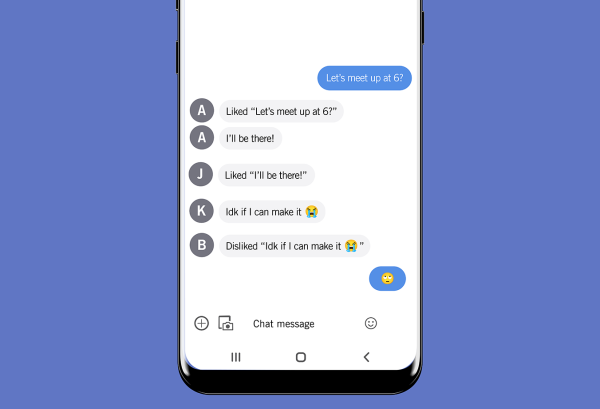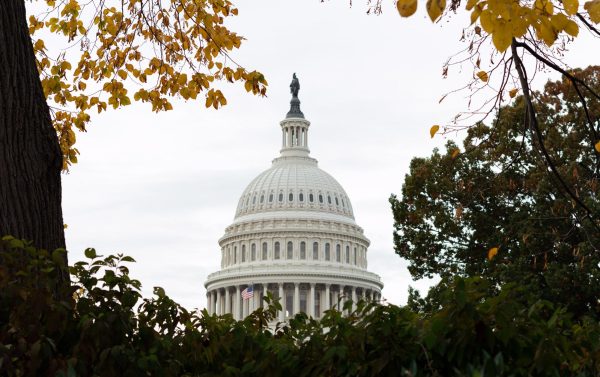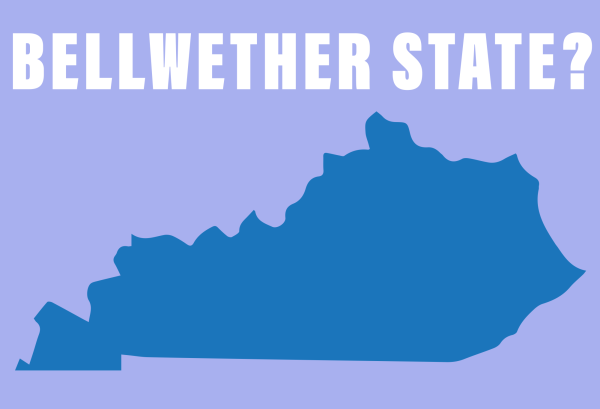Milo Yiannopoulos protected, not censored
February 13, 2017
What occurred between Milo Yiannopoulos and the campus of the University of California, Berkeley was a very complicated situation, but it was not censorship.
After being invited by UC Berkeley’s College Republicans, Milo Yiannopoulos, an alt-right figurehead often accused of delivering purposefully inflammatory addresses, was later told to scratch the plan. This was not an act of censorship, but a defense of Yiannopoulos’s safety.
After the announcement of Yiannopoulos’s scheduling to speak, UC Berkeley erupted into protests that quickly became violent. Once Molotov cocktails and fireworks were thrown and thousands of dollars of property damage was administered, it was found in the best interest of both Yiannopoulos and the college to cancel the event.
“If U.C. Berkeley does not allow free speech and practices violence on innocent people with a different point of view – NO FEDERAL FUNDS?” was President Trump’s response to the incident.
This statement is loaded with many misconceptions and assumptions that must be dissected.
First, UC Berkeley never acted in a way that limited, discouraged or barred free speech. The college honored Yiannopoulos’s invitation to speak until the very moment it was determined dangerous to himself and others for the conservative spokesman to appear on campus.
Next, to say that the University of California, Berkeley “practices violence on innocent people with a different point of view” would mean the violence and destruction that occurred preceding the scheduled event was sanctioned and carried out by the university.
In contrast, within his statement on the recent happenings, UC Berkeley Chancellor Nicholas Dirks said, “UC Berkeley condemns in the strongest possible terms the actions of individuals who invaded the campus, infiltrated a crowd of peaceful students and used violent tactics to close down the event.”
If anyone is to be condemned, it is the violent protestors who discredited a valid expression of disdain towards allegedly polarizing and divisive speech. Yiannopoulos’s right to deliver his message is protected under the same stature as others’ to publicly denounce him. However, what is not protected is the endangerment of others and destruction of property.
“Even if all the things they’ve said about me were true, this would still not be an appropriate response to ideas,” said Milo Yiannopoulos in his statement issued via YouTube.
Email [email protected]






















































































































































